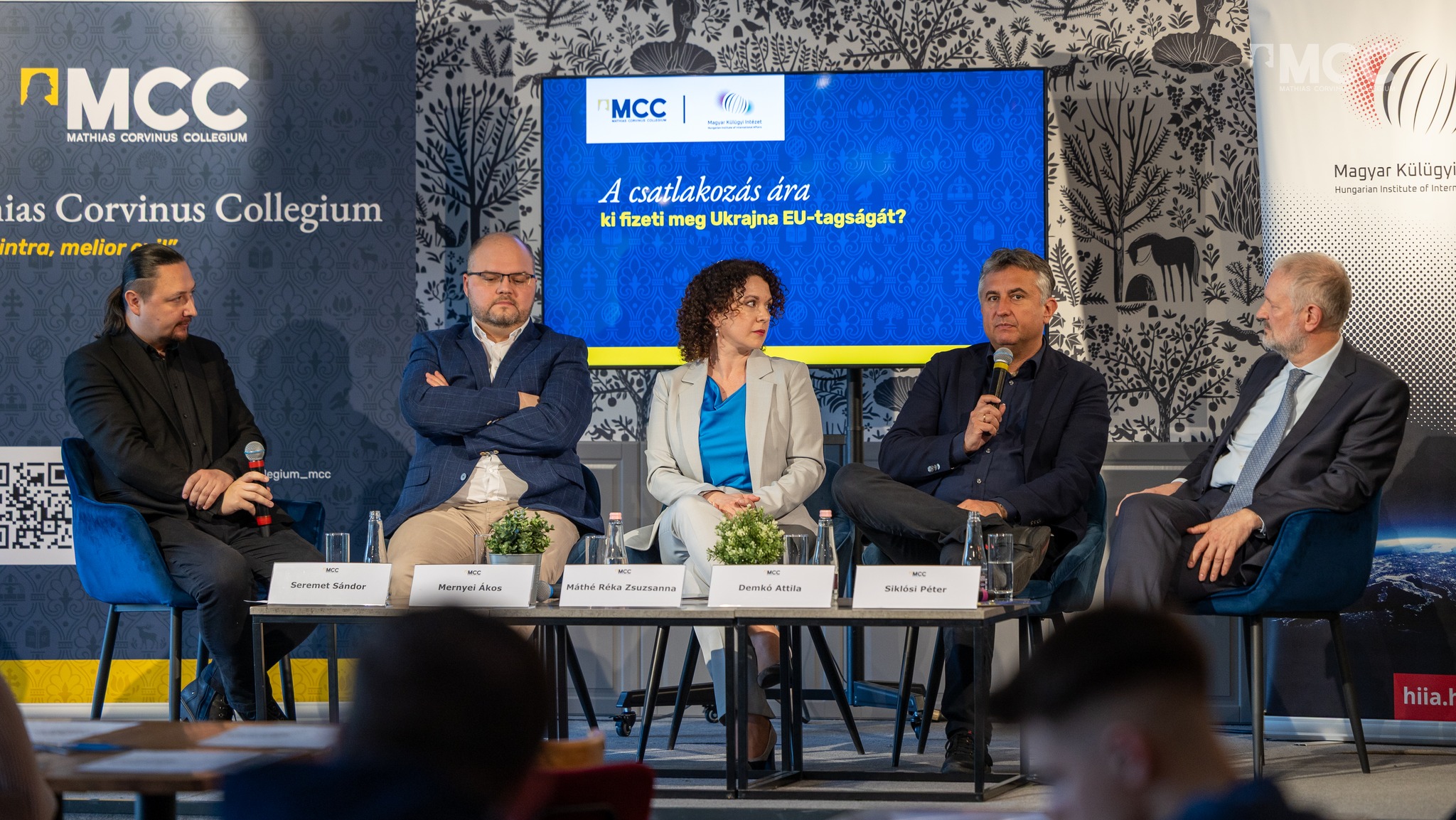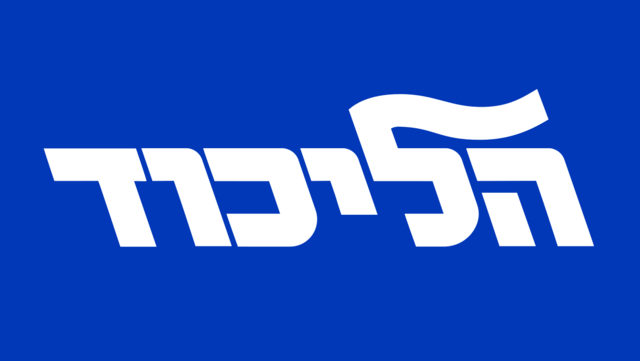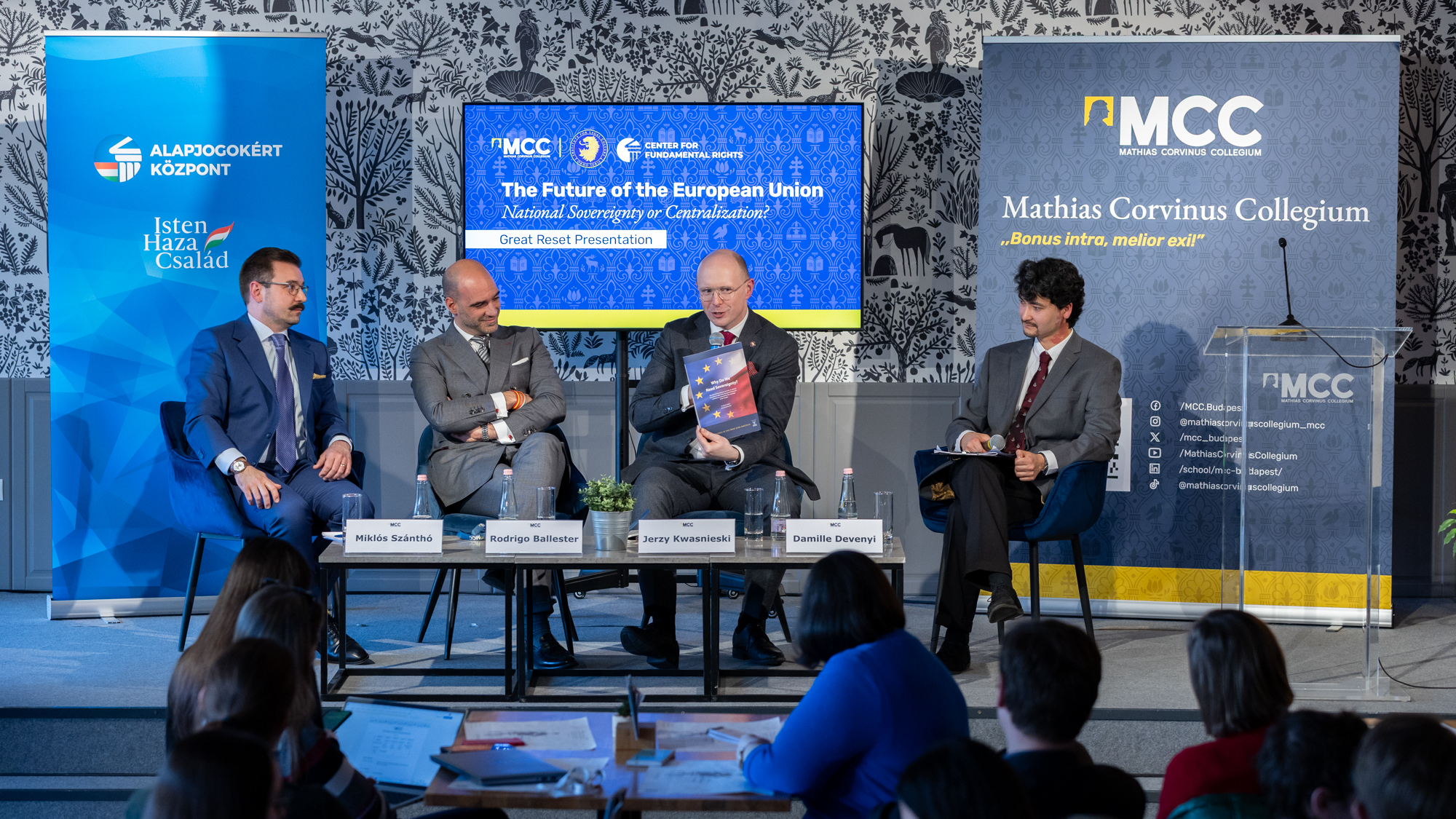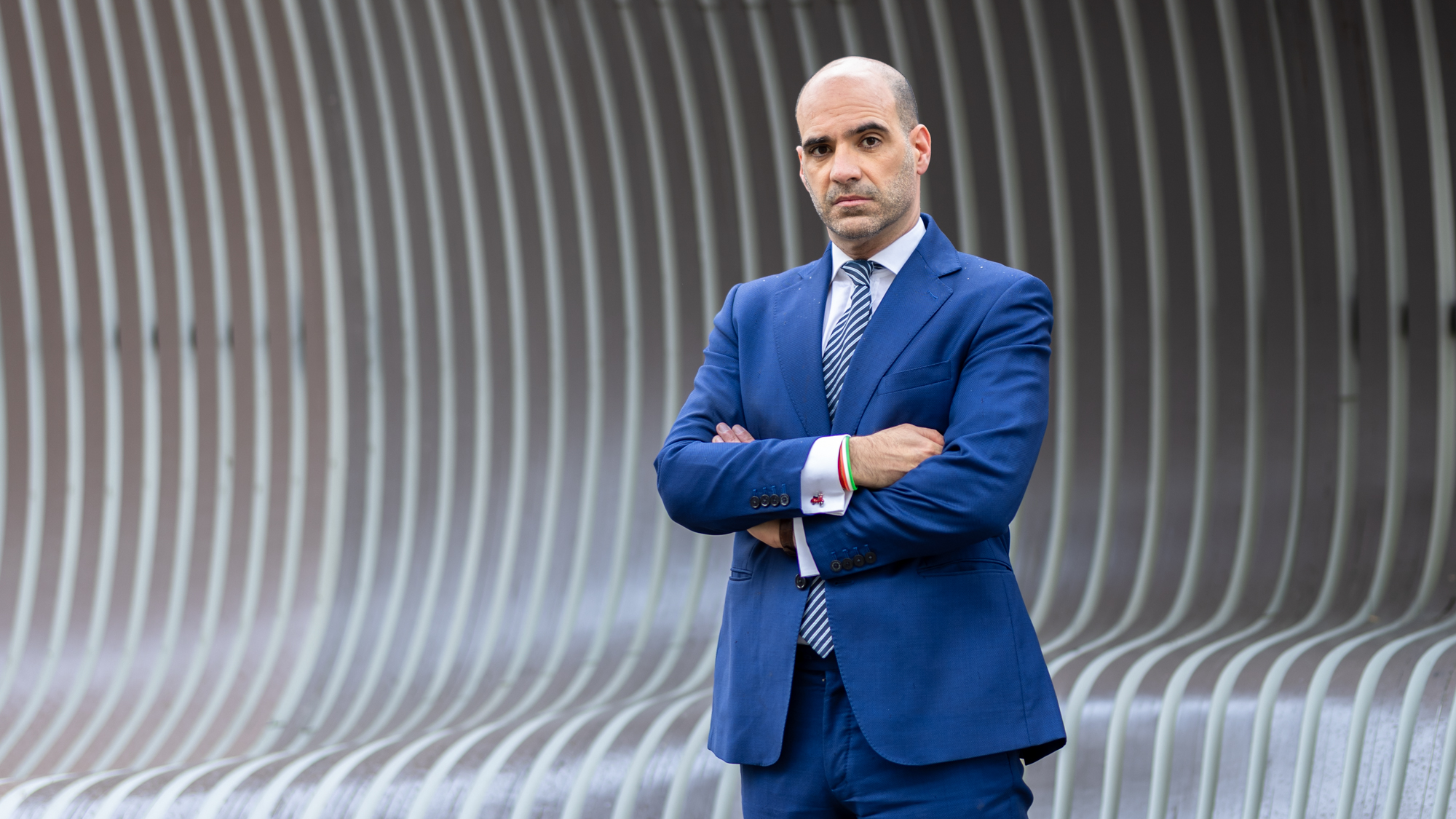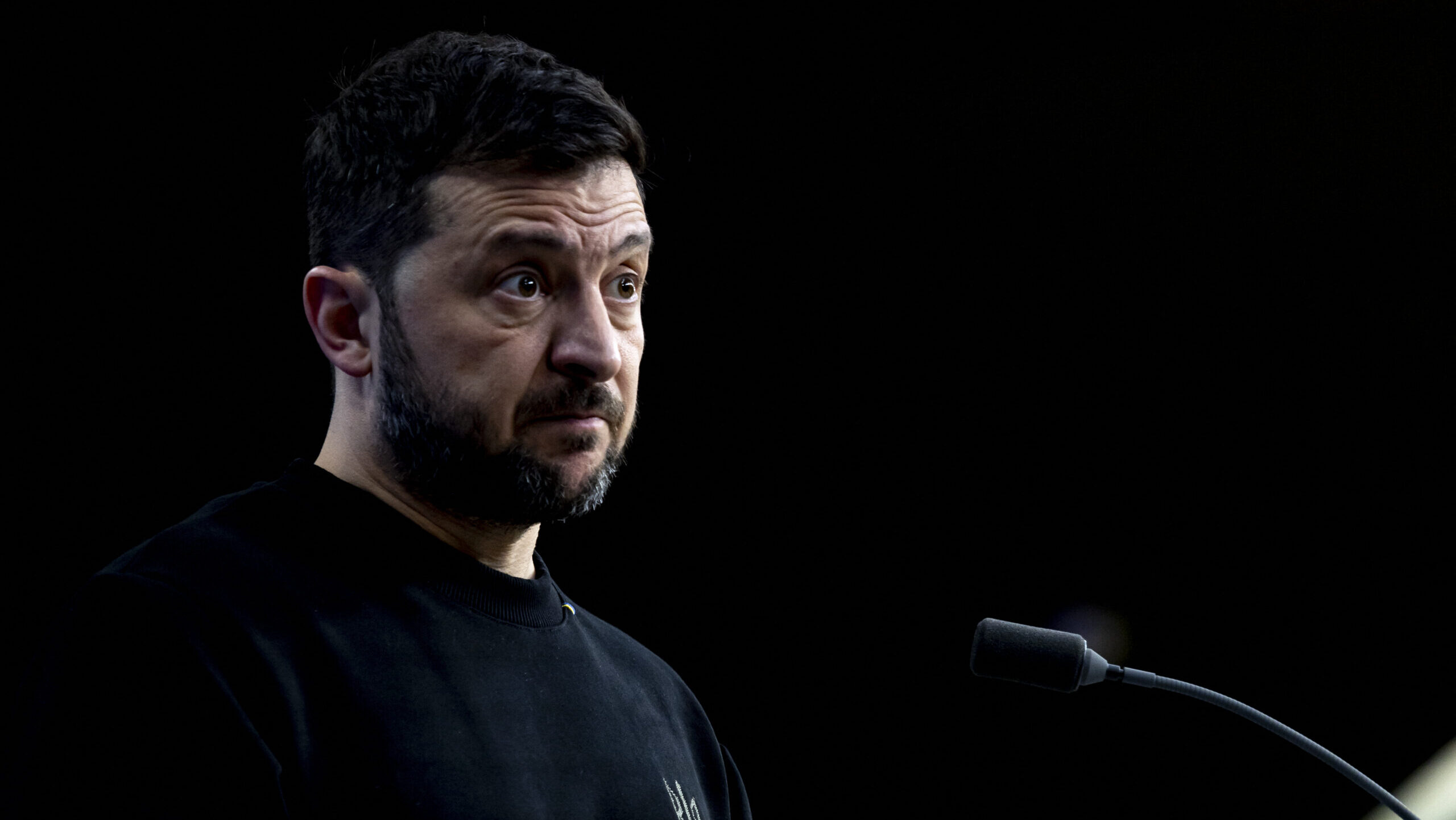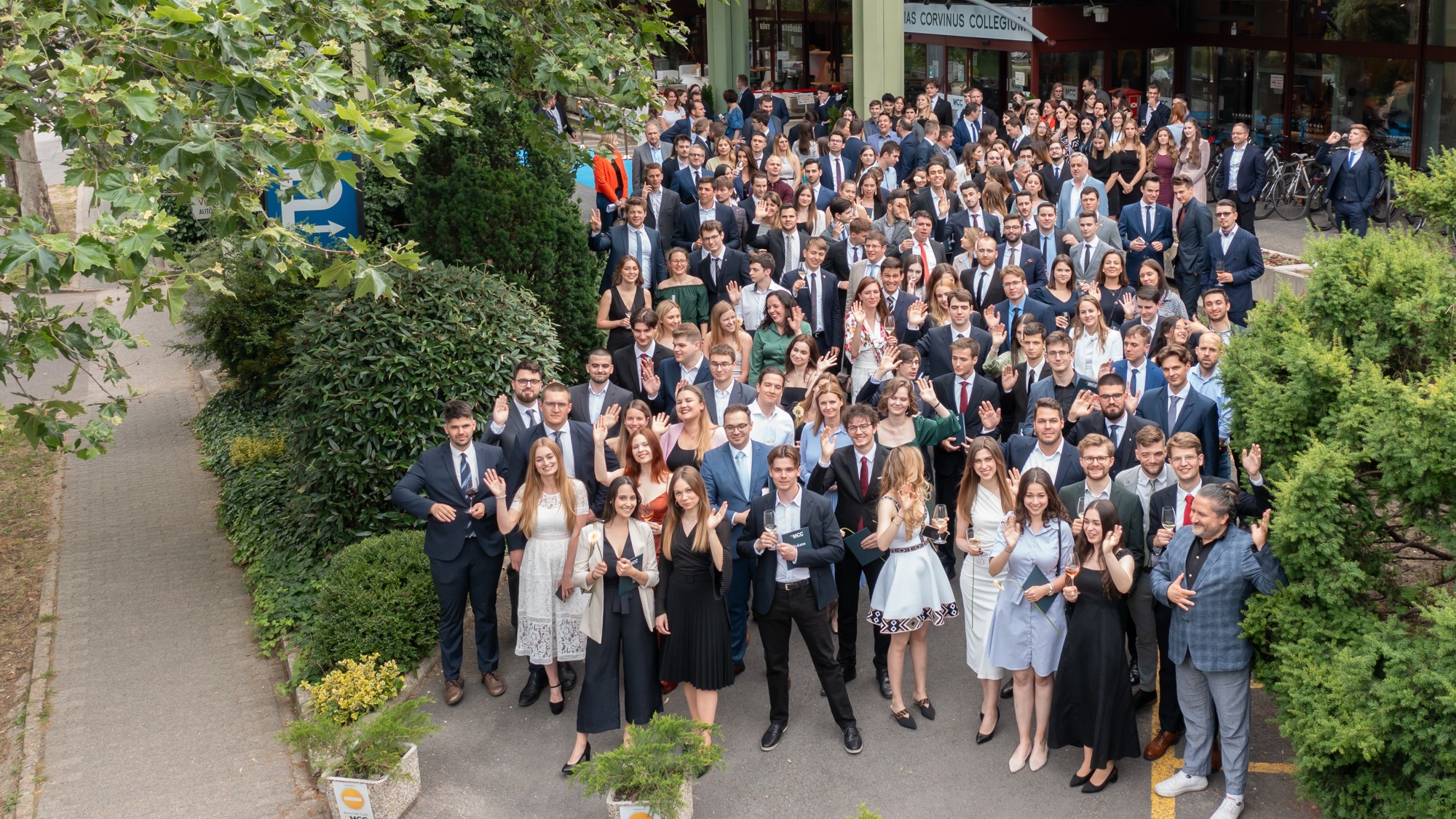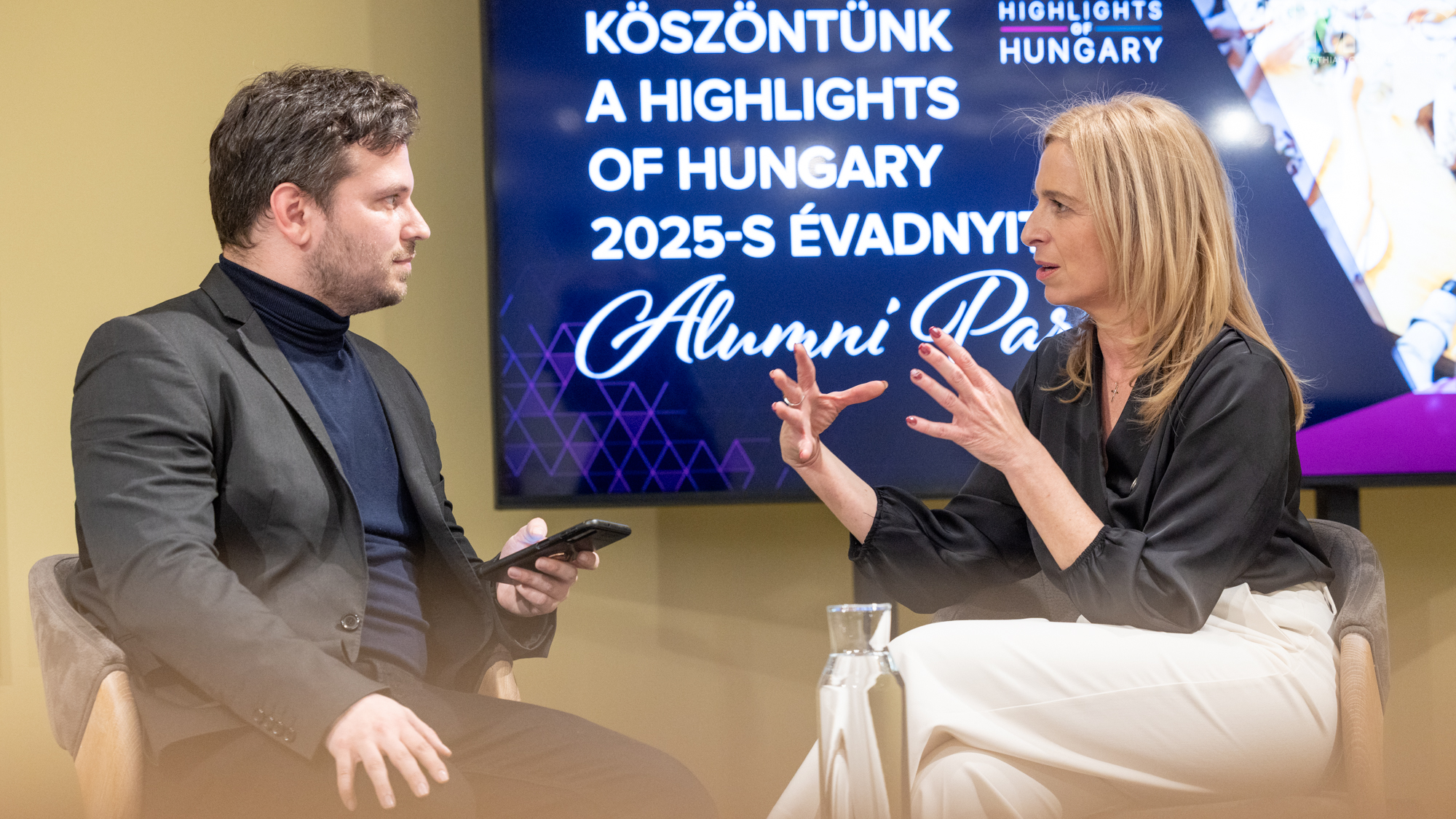
Spotlighting Great Hungarian Achievements — An Interview with Highlights of Hungary’s Marianna Csehi
‘The honouraries of Highlights of Hungary represent all walks of life. We often say about ourselves that we are collecting highlights without any categorization. That is because the great message of the project is that everything can be done well. No matter what part of life God has put you in, you are tasked with a duty, and if you like it, you can excel in that’.

